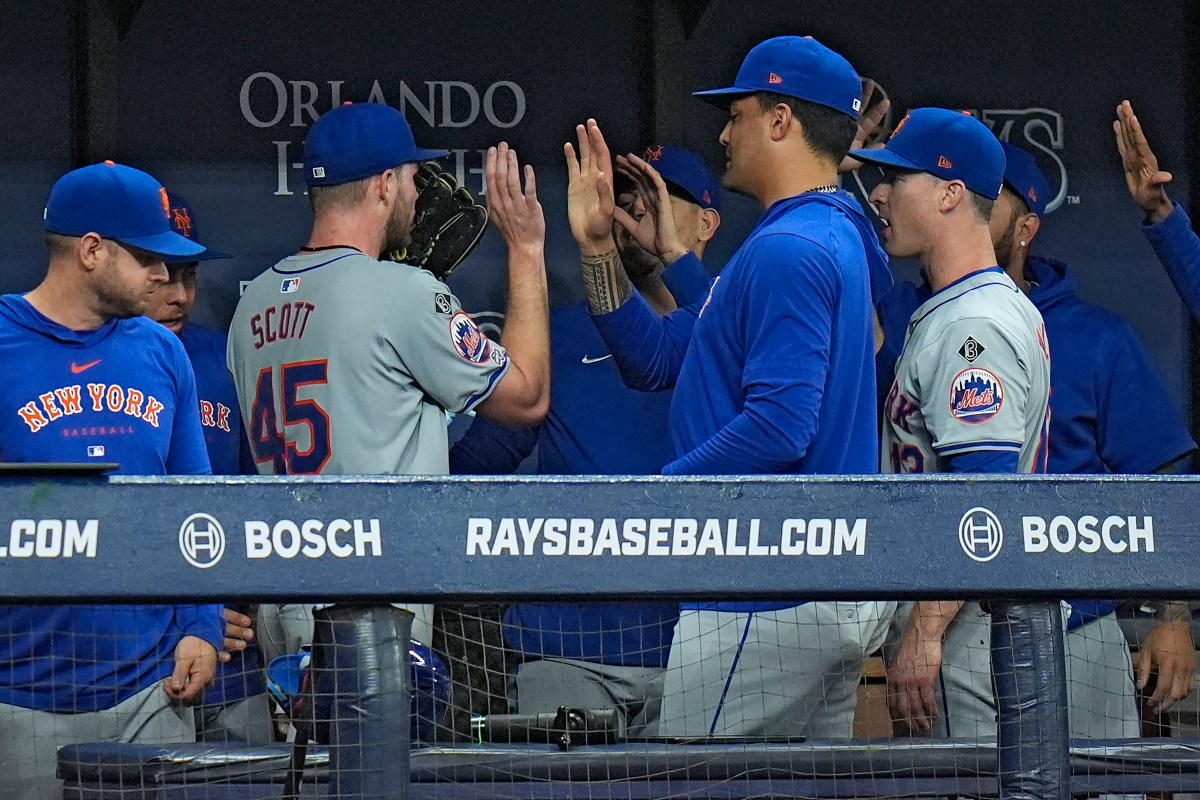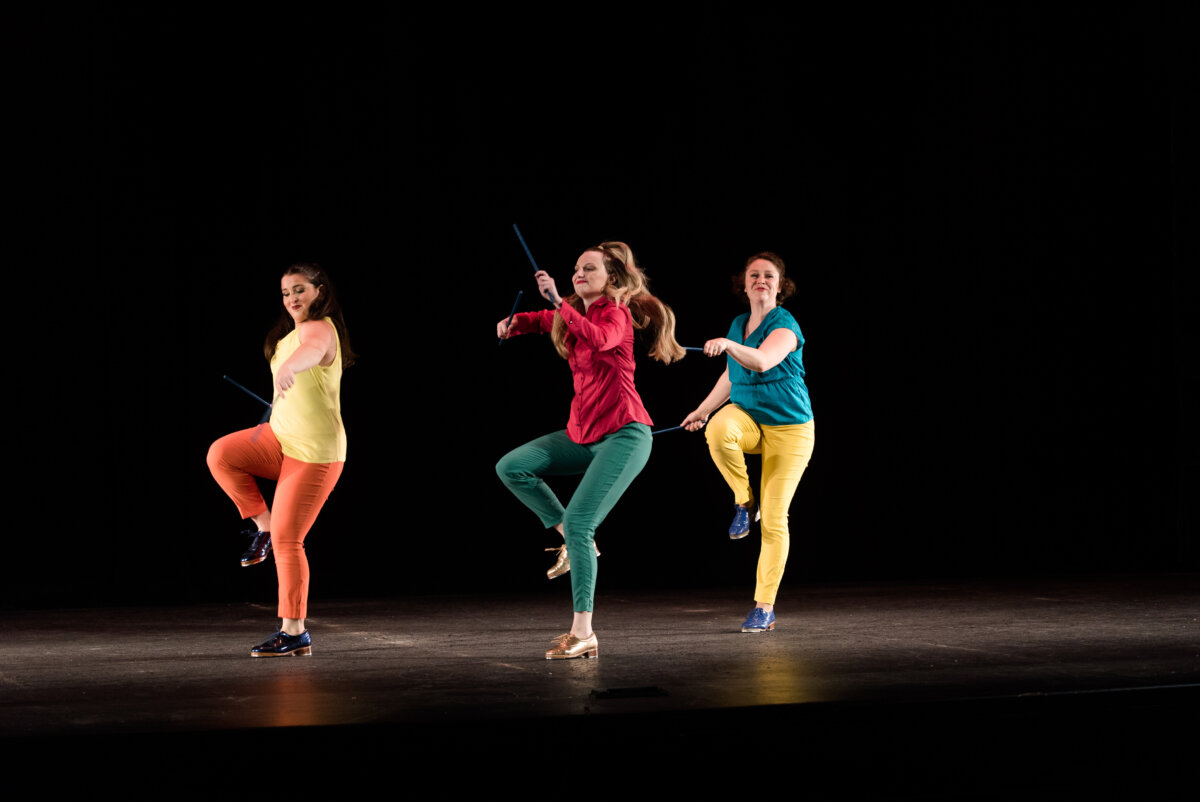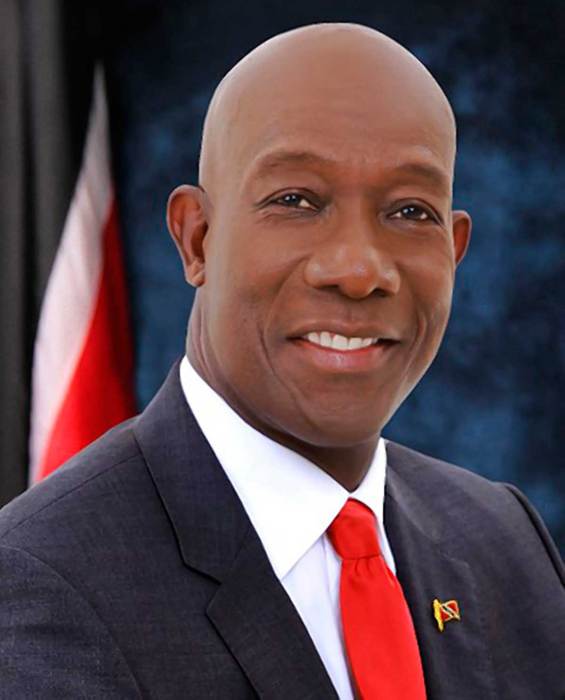Sunday was the first day of the MBTA’s new fare system, which raises the cost of riding the T by an average of 23 percent. Like any Sunday, the T was not nearly as bustling as an average work day, but residents were still out and about, drawn by sunny weather and the buzz of Wednesday’s holiday.
Occasional T rider Kenny Irwin said he was not bothered by the changes.
“I think it’s fine. The MBTA is very old, and like anything else it needs money. People don’t like paying more money for anything, whether it is taxes or a beer,” he said as he waited for the Green Line.
Subway fares rose from $1.70 to $2 for passengers who pay with CharlieCards, and bus fares rose by a quarter, to $1.50. The Ride, a para-transit service for the elderly and disabled, doubled to $4.
The increases, which also come with cuts to several bus routes and some weekend commuter rail service, were imposed to help close the system’s $160 million deficit.
For George Bretthauer, it’s not a problem to pay a little more, as long as it is reflected in the service. But as it stands now, he’s not impressed.
“There are a lot of late trains, but you’re still paying more money. I think there needs to be better service for what we’re paying,” he said. “It’s hurting a lot of people especially part-timers, it’s killing them because they aren’t making that kind of money.”
Brendan Pugh, a frequent Orange Line rider, bought a monthly pass yesterday for $70, up from $59.
“I know they’ve been putting the message out that ‘It’s coming, it’s coming,’ but it still was a surprise today,” Pugh said, adding that while considers himself to be “relatively happy” with the T service, he understands how some commuters would be upset.
“If I lived on the E Line, or any of the Green Lines, frankly, I would definitely be looking for other alternatives because even under prime circumstances, that service is terrible. So the fact that they’re increasing it, and we’re not going to see an improvement, if anything we’re going to see a detraction, is ridiculous.”
Fare strikers learn evasion techniques
In the wake of the MBTA’s first fare hike since 2007, an activist group calling itself “Boston Fare Strike” decided to hone their skills as fare dodgers.
About 30 activists gathered on the lawn across from Copley Station yesterday afternoon for a training session on how to hop a free bus ride.
The activists split off into small groups and practiced reasoning their way past bus drivers.
Despite the MBTA’s assurance that it is cracking down on fare evasion, activists hope the civil disobedience will send a message.
“It seems that this is our only option,” said an Occupy Boston spokesperson going by the name Julie Almond, who helped organize yesterday’s fare strike.
The Boston Fare Strike website says that the group sees fare evasion as “a first step in a long-term struggle to not only defend but improve our public transit service.”
According to MBTA police, anyone caught evading fare will get a non-criminal citation, and could face fines of up to $250.
In anticipation of people looking to jump turn styles in acts of defiance against the new fare hikes, MBTA Spokesman Joe Pesaturo said, “Their selfish acts are misguided, and will serve to do nothing more than worsen the MBTA’s already fragile financial condition.”
According to Boston Fare Strike website, “Jumping turnstiles, boarding buses through the back or very quickly through the front, and leaving doors open in subway stations are all fare evasion tactics.”
















